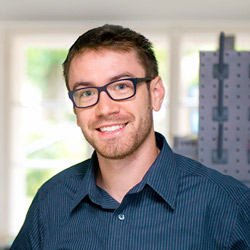Michael Nash
Born in: USA
Primary research category: Nanobiotechnology
Research location / employer: Department of Chemistry, University of Basel, and Department of Biosystems Science and Engineering, ETH Zurich, Switzerland
Fellowship dates: 2012-2017
